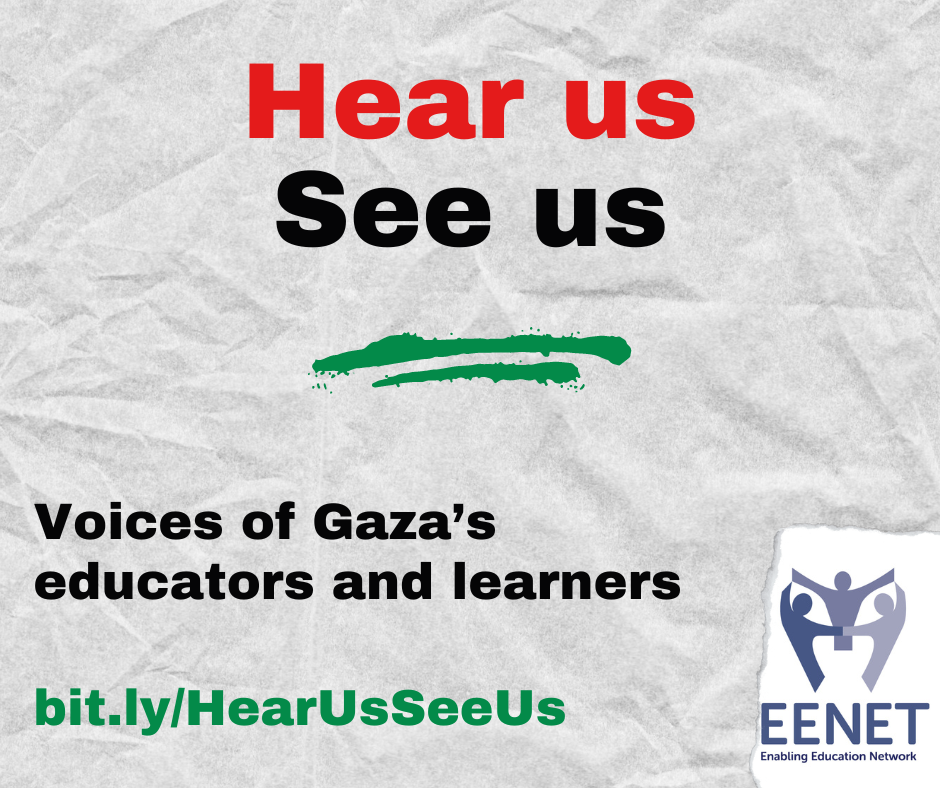UNESCO highlights the International Literacy Day and Prizes awarded to six initiatives. This year’s theme was “promoting multilingual education”. The prize winners include mobile libraries in Ghana, training for teachers to set up schoolbook clubs in Panama, and a programme to enhance the literacy and advocacy skills of indigenous communities in Indonesia.
Read about the six prize winners and their innovative approaches.

